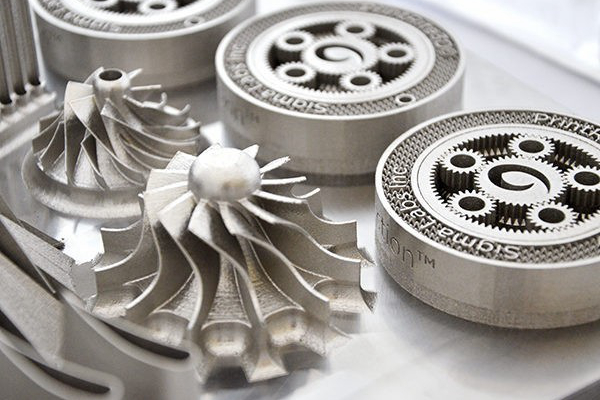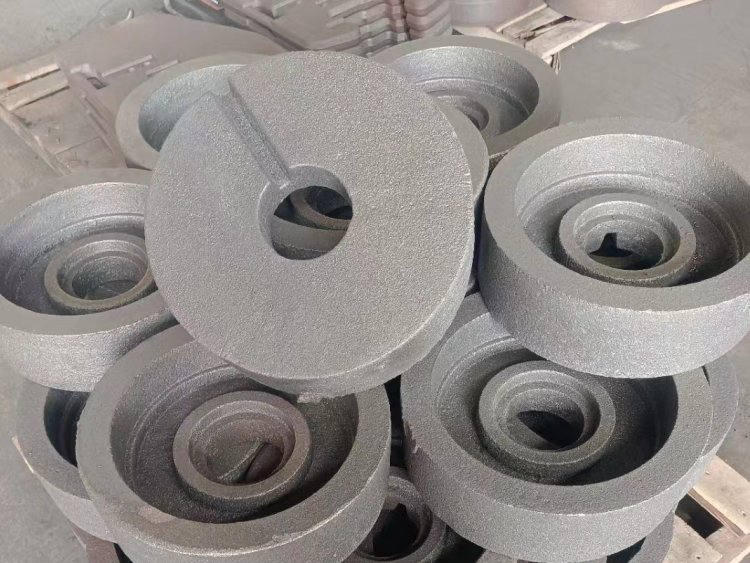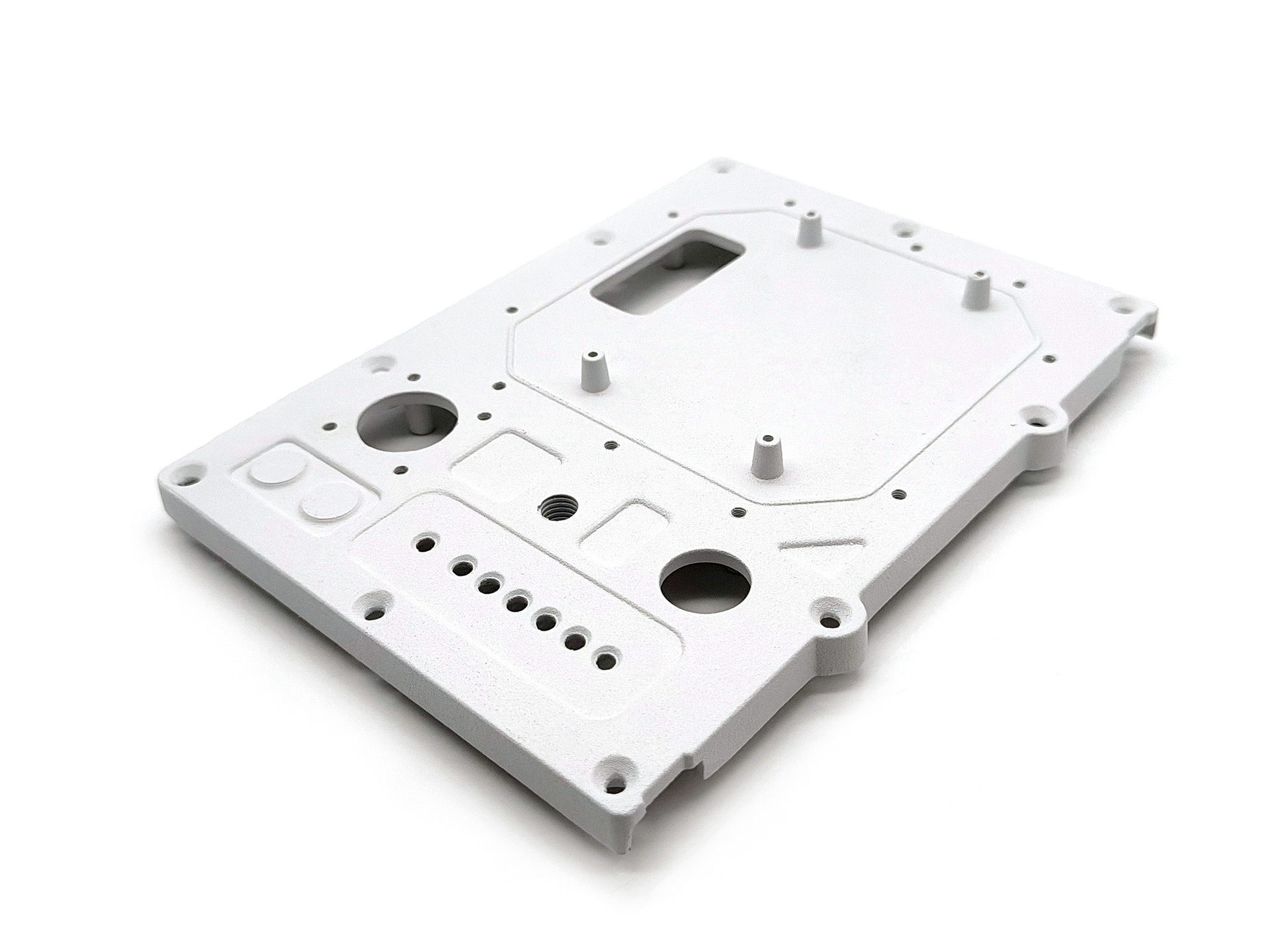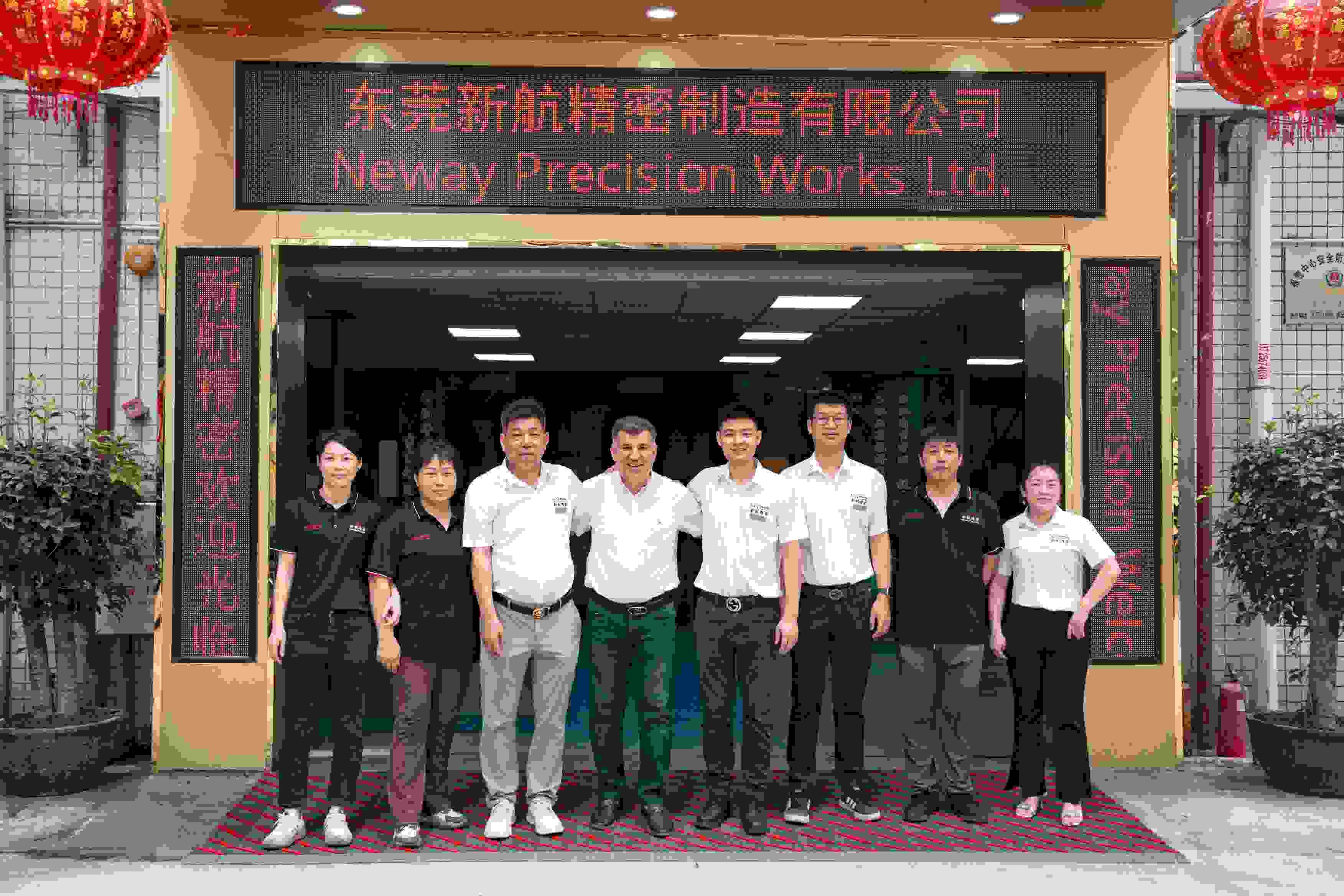What materials are best for die casting medical device components?
Best Materials for Die Casting Medical Device Components
Key Requirements for Medical Die Casting Materials
Die casting for medical device components demands materials that offer corrosion resistance, biocompatibility, precision, and consistent mechanical performance. These components often serve in non-invasive equipment housings, structural elements, and support frameworks, requiring compliance with standards such as ISO 13485, ASTM B85, and RoHS directives. While direct implantable parts typically use CNC or additive processes, die casting remains vital for external and structural medical components.
Recommended Die Casting Alloys for Medical Devices
Aluminum Alloys
Aluminum die casting is the most common choice due to its lightweight nature, thermal conductivity, and ease of sterilization:
A360: Offers excellent corrosion resistance and pressure tightness, ideal for equipment enclosures and electronic housing.
A413: Noted for superior fluidity, enabling the casting of thin-walled and complex geometries common in portable medical units.
AlSi10Mg (EN AC-43500): Delivers a balance of strength, castability, and moderate corrosion resistance.
These materials meet ASTM B85 and ISO 8062 standards and are compatible with surface treatments like anodizing or powder coating to enhance cleanliness and surface stability.
Zinc Alloys
Zinc die casting offers excellent dimensional control, making it ideal for precision-fitted components in devices such as diagnostic instruments:
Zamak 3: High dimensional stability and good surface finish make it suitable for knobs, connectors, and housings.
Zamak 5: Provides higher strength and wear resistance, useful for moving parts or structural brackets.
Zinc alloys are also RoHS compliant and allow fine finishing without secondary machining.
Copper-Based Alloys (for Specialty Components)
For parts requiring higher electrical or thermal conductivity, select copper die casting options like:
Brass 360: Excellent machinability and strength for durable components like clamps and connectors.
C18200: Offers high conductivity and oxidation resistance, applicable in power-related medical equipment.
Recommended Manufacturing Services for Medical Projects
To support your medical device program, we recommend:
Material Consultation and Tooling
Tool and Die Making: Precision tooling for consistent production of high-tolerance medical parts.
Casting Material Selection: Helps identify RoHS-compliant and corrosion-resistant alloys based on device needs.
Prototype and Pilot Validation
Rapid Prototyping: Validate designs and fitment early with functional casting trials.
Post-Processing and Finishing
Post Process for Die Castings: Includes painting, anodizing, and deburring to meet hygiene and aesthetic standards.
For fully integrated manufacturing, explore our one-stop service tailored to the medical device industry.



